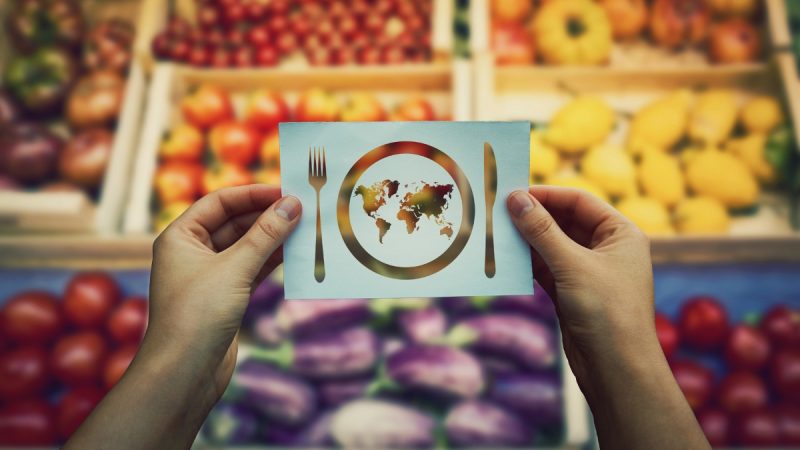When we think of global hunger issues, we assume that there just isn’t enough food in the world to feed the global population. However, the real issue is not food scarcity but the inefficiencies and injustices of the global food system. A recent report from Oxfam says global hunger stems from a food system that is poorly distributed, inaccessible, and unaffordable. Oxfam’s recent report sheds light on the intersection of hunger, climate change, and inequality, calling for transformative changes in the global food system.
Understanding Global Hunger
Despite the fact that there is enough food produced worldwide to feed everyone, 2.8 billion people cannot afford a nutritious diet, and nearly 757 million people—1 in 11—go hungry every day. In low-income nations, hunger disproportionately affects rural areas. Hunger is a symptom of more serious systemic problems, the report emphasises. It includes corporate dominance in agriculture, inefficient and unfair land use, and the worsening effects of climate change.
While millions of people struggle to meet their basic food needs, large agrifood traders profit greatly from the current food system. The world needs to shift to a more equitable food system that prioritises access to wholesome food.
Given this growing food insecurity, Oxfam has called on the European Union (EU) to take decisive action to tackle the interconnected issues of inequality, hunger, and climate change. The main focus of Oxfam’s recommendations is on changes that can guarantee food security for everyone, transform the food system, and lessen poverty.
A Call To Action For Concrete Steps
Oxfam urges the EU to implement these key measures:
1. Invest In Food Security
Support small-scale food producers who already contribute 80% of the food consumed in Asia and Sub-Saharan Africa. These farmers have immense potential to boost global food production if equipped with funding, infrastructure, and land rights. Empowering women farmers is critical and they play a pivotal role in food production and community well-being and they must be supported.
2. Stand For Climate Justice
Climate change is a current crisis that is having a significant impact on food systems; it is no longer a threat for the future. The EU must align its climate actions with its promises under the European Green Deal and Farm to Fork Strategy. They must make sure small-scale farmers have the resources they need to fight the effects of climate change. In order to combat climate challenges, they must also advance agroecology.
3. Limit The EU’s Global Land Use Footprint
The EU’s excessive use of land resources makes land inequality in the world worse. Negligent land-use practices that cause degradation, land grabs, and deforestation must be stopped. They should reconsider their dependence on detrimental bioenergy regulations, which impact inequality and hunger.
4. Balance The Power
The EU must stop corporations from holding a disproportionate amount of power. For the global food system to be more equitable, stronger regulations governing agrifood companies and fair trade policies are required.
The interconnected issues of hunger, climate change, and inequality call for an approach that considers not only food production but also the broader systems that impact food security. Oxfam’s report underscores the need for policy changes that support small-scale farmers, reduce the impact of climate change on food security, and address the exploitation of land and resources.
As global hunger remains a pressing challenge, the actions taken today will determine the future of food security for millions.
Cover Image Courtesy: Canva

